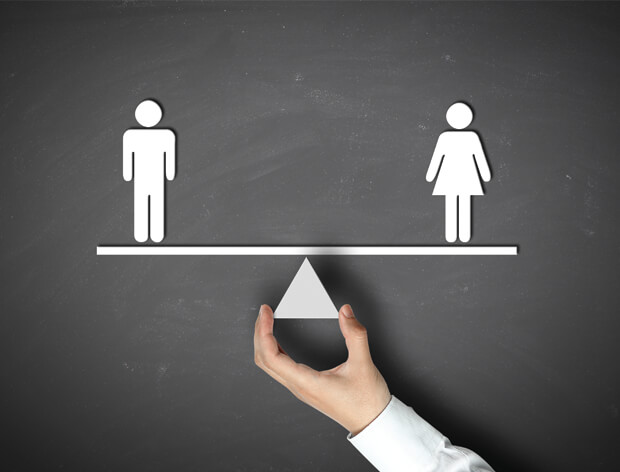A group of World Trade Organization (WTO) members has agreed to establish an informal working group on trade and gender, to increase the participation of women in trade.
At a virtual meeting held on Wednesday at the invitation of Iceland and Botswana, 127 countries – representing the signatories of the Buenos Aires Joint Declaration on Trade and Women’s Economic Empowerment – agreed to work collaboratively to encourage women’s participation in national and international trade, and share best practices for conducting gender-based analysis of trade policies.
The Buenos Aires agreement, signed at the 11th WTO ministerial conference in 2017, is a collective initiative that seeks to remove barriers to, and foster, women’s economic empowerment, and has served as the basis of the WTO’s work since then to make trade more inclusive.
“Today marks an important new phase in moving this work forward on a continued transparent, collaborative and open basis,” said Yonov Frederick Agah, deputy director-general of the WTO, at the virtual meeting.
This comes as evidence shows that the trade-related disruptions from the Covid-19 pandemic are disproportionately impacting women. This is largely due to women’s overrepresentation in some of the sectors that have seen the sharpest falls in demand, such as travel and tourism, as well as manufacturing sectors such as footwear and apparel, and telecommunications products.
“An open and predictable trading system has an important role to play in fostering a robust and inclusive economic recovery from the pandemic,” said Agah. “But we cannot build back better without women.”
Even before the pandemic, the gender imbalance in global trade was an issue. Recent research by the International Finance Corporation (IFC) found that, although they make up half of the world’s population, women own only a fifth of its exporting companies, and these account for less than 1% of the total global procurement spend by large corporations.
The group aims to tackle this problem by sharing experiences of policies and programmes that have sought to encourage women’s participation in national and international trade. Those members that have adopted more ambitious or particularly innovative initiatives will be invited to showcase their approaches as potential inspiration and guidance to others.
A key area of focus for the group will be to clarify what a “gender lens” as a concept applied to international trade would entail, and consider how this could usefully be applied to the work of the WTO, with a view to presenting a concept and plan to members at the 12th ministerial conference, to be held in June 2021.
The group – which notably does not include the US as it is not a signatory to the Buenos Aires pact – will now work on garnering further support beyond its current 127 members.







